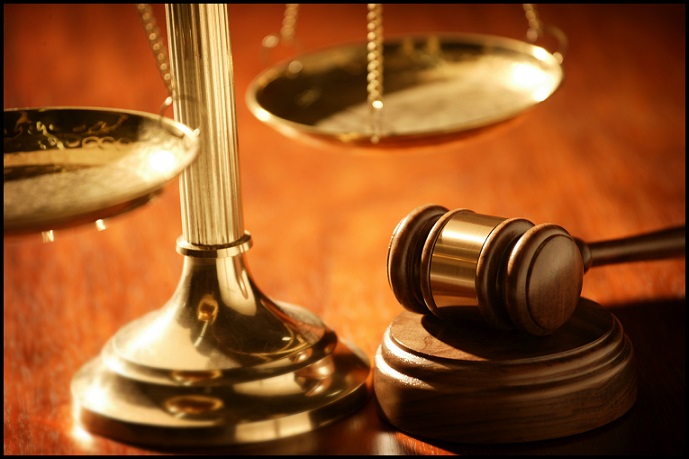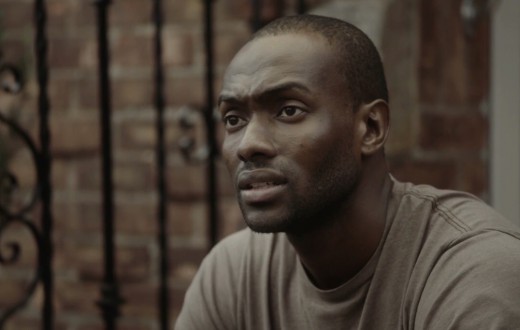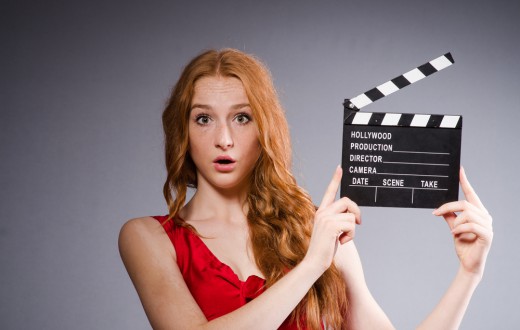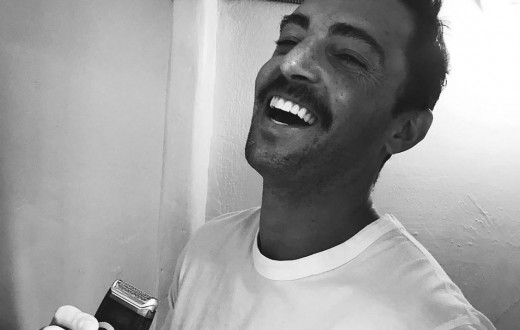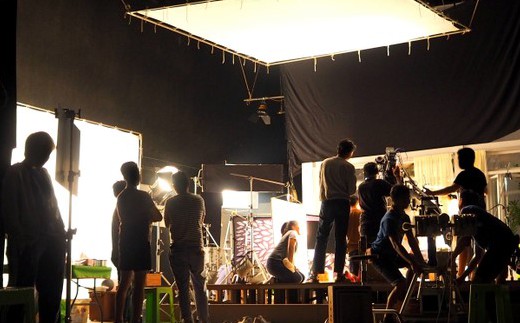When Should You Hire an Entertainment Lawyer?
A Chat with Alesha M. Dominique, Attorney-at-Law, of MSK.
When you decided to become an actor, did you think about the consequences of negotiating and signing contracts? Did you realize that you could be sued? Did you know that there are unions and attorneys available to help you?
As important as it is for you to have an agent, manager and hair & make-up stylist, it’s equally important to be sure you have a great entertainment lawyer who is ready to offer you advice and help to legally keep you safe.
Alesha M. Dominique, Attorney-at-Law, is an Associate at the reputable Mitchell Silberberg & Knupp LLP (MS&K), a full service law firm with offices in Los Angeles, New York and Washington, DC.
Alesha has quite the story. Her sister is a NY-based actress, so she has strong ties to show business. In her spare time (ha!), Alesha likes being with her family, travelling and <drum roll>… writing screenplays! So keep an eye on this one as one day you may be auditioning for one of her pieces!
Alesha is a tough cookie. She spent time in the Bronx teaching math to kids who told her she wouldn’t last more than a week. Not only did Alesha make it through the entire school year, but the children she taught ended up proficient or higher on their 8th grade test scores.
I consider that a BIG WIN, which is why I chose to interview Alesha. As actors, we need people on our team who are going to fight for us; who believe in us; people who love a challenge.

Alesha M. Dominique represents clients in intellectual property litigation, with an emphasis on patent, trademark, false advertising, and unfair competition matters. What does all of that mean? Read on!
How long have you been an entertainment lawyer?
I have been practicing intellectual property law since 2008, with a recent focus on clients in the entertainment industries. While I have always known that I wanted to be an attorney, I kind of fell into intellectual property law. I went to law school after completing Teach for America, and thought that I would do work in education policy, but took an intellectual property law course, and thoroughly enjoyed it. After law school, I began working as a patent and trademark litigator, and have since expanded my practice to include copyright and trademark matters for clients in the entertainment industry.
What’s involved on a day to day basis as an Associate?
Each day is different, depending on the client matters on which I am working. One day I may be advising a client on the trademark registration process and on another day, I may be wading through discovery documents related to a copyright litigation matter in preparation for a hearing.
At what point in their career would an actor, or anyone in the entertainment business, start thinking about hiring an entertainment lawyer?
As you can imagine, the point at which someone in the entertainment business should start thinking about hiring an entertainment lawyer really varies from situation to situation. Generally, if a person is presented with a contract or needs a contract drafted, they should hire an attorney.
You’re based in Washington, DC. Many entertainment people are bi-coastal and/or have many homes all over the world. Are you able to represent these types of clients or only those who claim the East Coast as their main residence?
Our firm is headquartered in Los Angeles, but has both a New York and DC office, and represents clients all over the country. While I am licensed and practice in the District of Columbia, I am frequently in New York, and have represented clients throughout the country, including in New York.
How do you get your clients?
It’s a mixed bag. Referrals are my primary source of clients, but I have certainly received direct calls from potential clients in need of legal representation.
Do you have a specialty?
Currently, I primarily practice in the area of trademark and copyright litigation, and represent both companies (big and startups) and individual artists.
Do you work mostly in one particular medium or handle items across the board?
I am an intellectual property attorney, so my practice is quite varied, which I enjoy. Recently, I have represented clients in the music and television industries in copyright matters.
Regarding copyright and copyright infringement, what is considered fair usage that somebody can lift from a copyrighted work without infringing on that copyright? If someone is QUOTING the work because they’re doing a review, how much are they allowed to quote?
Under the Copyright Act, the rights of a copyright owner are subject to certain limitations. One of those limitations, found in Section 107 of the Copyright Act, allow the “fair use” of a copyrighted work for purposes such as criticism, comment, news reporting, and teaching. In deciding whether a particular use of a copyrighted work constitutes a “fair use,” the statute sets forth a number of factors to consider, including the purpose and character of the use and the amount and substantiality of the portion used in relation to the copyrighted work as a whole.
When someone options a book to be made into a theater show or movie, how long is an option good for?
The option period is negotiable, but typically the initial option period is 12-18 months. As with any agreement, the author can negotiate for terms that make sense for the author. It may be that the author wants to retain certain rights, such as publishing, radio and stage rights and author-written sequel rights.
If an author’s book is being turned into a script, in the contract, is there any way the author can limit how much they change the script from the original book? Are there clauses you can put in to keep the script as close to the original as possible? Is there contract language that would prevent script writers from straying from the author’s original work?
As with most things, it’s negotiable, but this may be difficult to get someone to agree to given that novels and screenplay are obviously completely different creatures, so cuts will have to be made. You may be able to negotiate approval on all scripts.

How do you prioritize your time?
My hours vary depending on my workload during a given period. If I am preparing for a hearing or trial, my hours are much longer than usual. Because I have three small children, I do my best to get home in time for dinner, and then typically continue working once that are in bed!
Let’s talk about Riders that actors and musicians may want to add into contracts. Are there certain riders you add in automatically? What if an actor / musician wants to put their own riders into a contract? Do you advise against “certain” requests or just put them in?
Riders are typically attached to an artist’s contract as a requirement for performance. It may be a technical requirement such as certain stage dimensions and lighting while performing, or things that simply make an artist more comfortable while touring, such as a special candy or foods to accommodate a dietary restriction. Unless you are a very well established artist, I would avoid over the top requests which may turn someone off.
Alesha M. Dominique | Attorney-at-Law
T: 202.355.7925 | amd@msk.com
Mitchell Silberberg & Knupp LLP | www.msk.com
1818 N Street NW, 8th Floor, Washington, DC 20036

